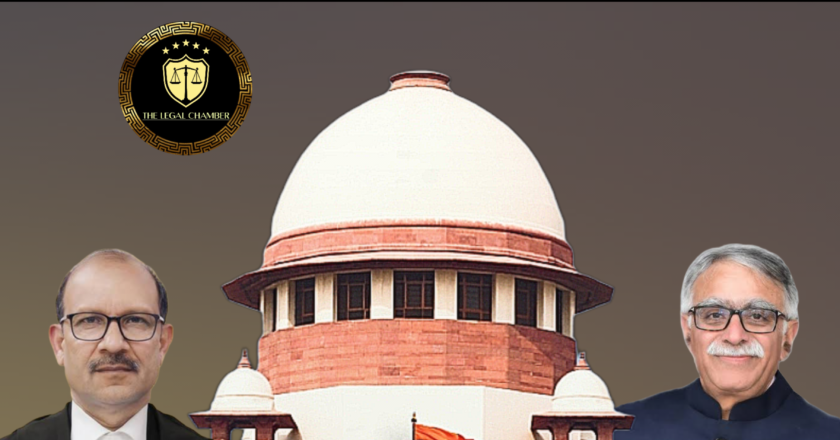Supreme Court Upholds Life Sentence in Dowry Death Case: The Importance of Dying Declarations
This Supreme Court judgment clarifies the legal principle regarding multiple dying declarations. The Supreme Court held that each declaration must be assessed independently for evidentiary value. It ruled that the first, corroborated dying declaration recorded by an independent witness (a doctor) was reliable, and minor discrepancies in subsequent versions did not invalidate it, justifying the High Court's reversal of the acquittal.
Facts Of The Case:
The prosecution's case was that the appellant, Jemaben, conspired with a co-accused to kill Leelaben and her son, Ganesh. On the intervening night of November 29-30, 2004, while the victims were sleeping in their hut, Jemaben poured kerosene on Leelaben and set her on fire. Leelaben suffered severe burns and succumbed to her injuries on...



